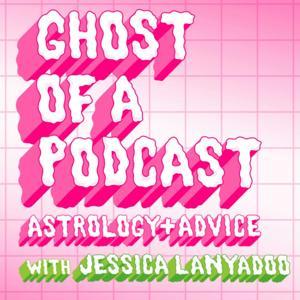
Sign up to save your podcasts
Or



By Ismatu Gwendolyn
In which ismatu gwendolyn, young revolutionist, explores what keeps them bound at the seams: disciplined, precarious love; insurgent strategy; reading. Cozy up and pour some tea.
All essays
... more




5
120120 ratings



The podcast currently has 69 episodes available.










The podcast currently has 69 episodes available.

1,859 Listeners

422 Listeners

2,162 Listeners

616 Listeners

4,249 Listeners

546 Listeners

1,126 Listeners

6,231 Listeners

1,012 Listeners

245 Listeners

443 Listeners

16,675 Listeners

603 Listeners

660 Listeners

2,546 Listeners